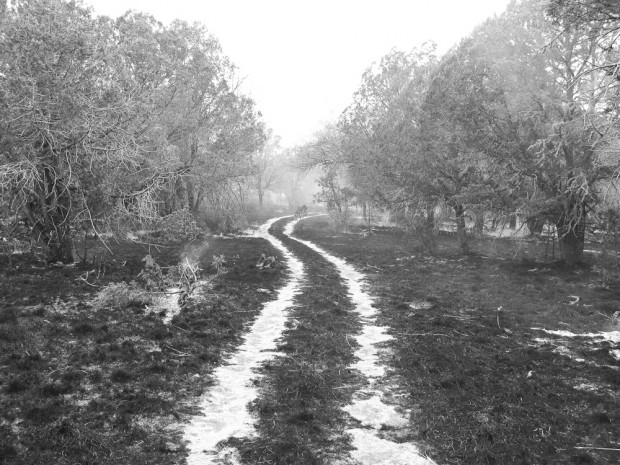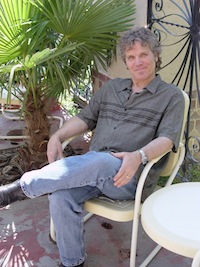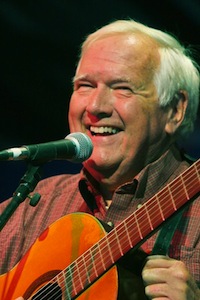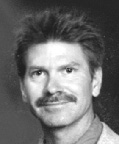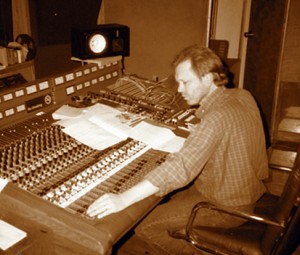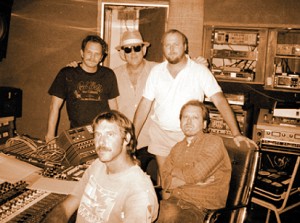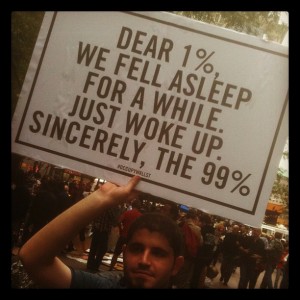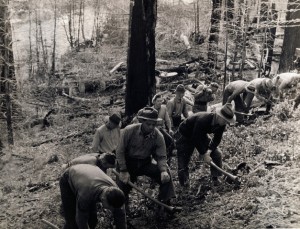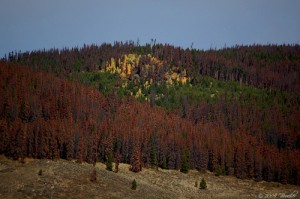In a recent Gallup Poll, the corrupting influence of money in politics is the #2 most important issue to American voters, just after jobs. It’s more important than the deficit, terrorism or any other issue. Why do we not hear one word about this from our candidates? The facts speak for themselves.
“Our elections have replaced horse racing as the sport of kings,” writes journalist (and Texan) Bill Moyers. “These kings are multibillionaire, corporate moguls who by divine right–not of God, but [of the Supreme Court’s] Citizens United decision–are now buying politicians like so much pricey horseflesh.”
Congressional candidates with the most money win 93% of the time. Once elected our legislators typically spend 50-70% of their time fundraising. If they want to stay in office they have to raise massive amounts of cash – the average US congress election in 2010 cost $1.2 Million Dollars. (It’s more now.) Think about that. That’s raising $50,000 each and every month while in office. Who has that kind of money to put into politics? Not you and me, not even collectively. Not even the unions: In the recent Wisconsin election, unquestionably the battleground election of corporations vs. unions, corporations and anonymous PACs outspent unions by 8 to 1 – and won. The wealth we’re talking about has to come from the “kings” Mr. Moyers describes.
Why do you think they give this kind of money to politicians? It’s simple. Return On Investment. In 2010, a good if not spectacular year for the stock market, the average blue chip stock in the US earned about 11% Return On Investment (ROI), so for every dollar invested the investor earned eleven cents. In the 111th Congress for every $1 spent in lobbying by oil, gas and coal companies $59 in subsidies were received. That’s a 5900% ROI. In 2004 multinational corporations spent $283 Million Dollars lobbying for a tax break to bring offshore corporate profits back to the US, promising to spend the money saved in taxes on creating jobs at home. In return they received $63 BILLION Dollars in tax breaks. That’s a 22,000% ROI. (And, ultimately, the companies only spent 9% of the tax break savings on jobs in the US). The pharmaceutical industry spent $119 Million lobbying congress to bar Medicare from negotiating for competing drug prices. This resulted in $90 BILLION in additional revenue per year. That’s a 77,500% ROI. This is why money is pouring into politics. Buying politicians is the best investment you can make by far.
The sad truth is because of this broken system our representatives no longer represent us, they represent their funders – those who fund their campaigns to get elected and who hire them when they leave politics.
Our politicians are addicted to the money. Their professional lives depend on it. Lawrence Lessig, professor of ethics at Harvard School of Law, uses this analogy effectively: The alcoholic may face his marriage failing, losing his job, ruining his health and countless other catastrophic events. But the alcoholism is the first problem to fix – until that is addressed no other problems can be. We have many serious problems to face as a nation – jobs, health care, deficit, wars, crumbling infrastructure, immigration, just to name a few. Most of us have different ideas on the way those problems should be solved. Says Mr. Lessig in his wonderful little handbook for citizens, One Way Forward, “We don’t have a common end. We do have a common enemy. …The corrupting influence of money is the first problem facing this nation. …Unless we solve this problem, we won’t solve anything else.” No matter what issue you personally feel strongest about there is zero chance it will be properly addressed unless we fix this issue of legalized corruption.
Unfortunately the solution may not come from our Congressmen, even those with the best of intentions, the highest character and a backbone strengthened by decades in politics when they leave for Washington. They are virtually powerless against the status quo and the addiction to money. And frankly there is little incentive to change things because the current system is how politicians gain wealth, influence and security. Maybe a few, hopefully our own Pete Gallego among them, will lead to empower citizens again in this country, to right this faltering ship of state. But it’s up to us to insist they do it, and failing that, to do it ourselves. (Join Wolf-PAC Texas!)
If Pete Gallego takes up this cause of restoring democracy in America it will likely be the hardest thing he’s ever done. But what could be more important or more just? Perhaps another Texan can be his inspiration. When LBJ was sworn into office he immediately took up the cause of civil rights. His advisors told him not to do it, that he would fail, that it would doom his presidency and the Democratic party for decades. LBJ replied, “What the hell is being President for?” And he passed the Civil Rights Act.
Pete needs our votes, certainly. But unfortunately he needs money even more to make it to Washington. Let’s do what we can to help Pete get there. But let’s also send him with the primary mission to remove money from politics so he doesn’t need it to stay there.

